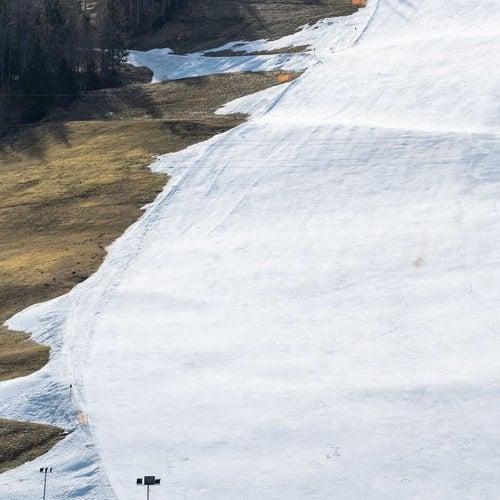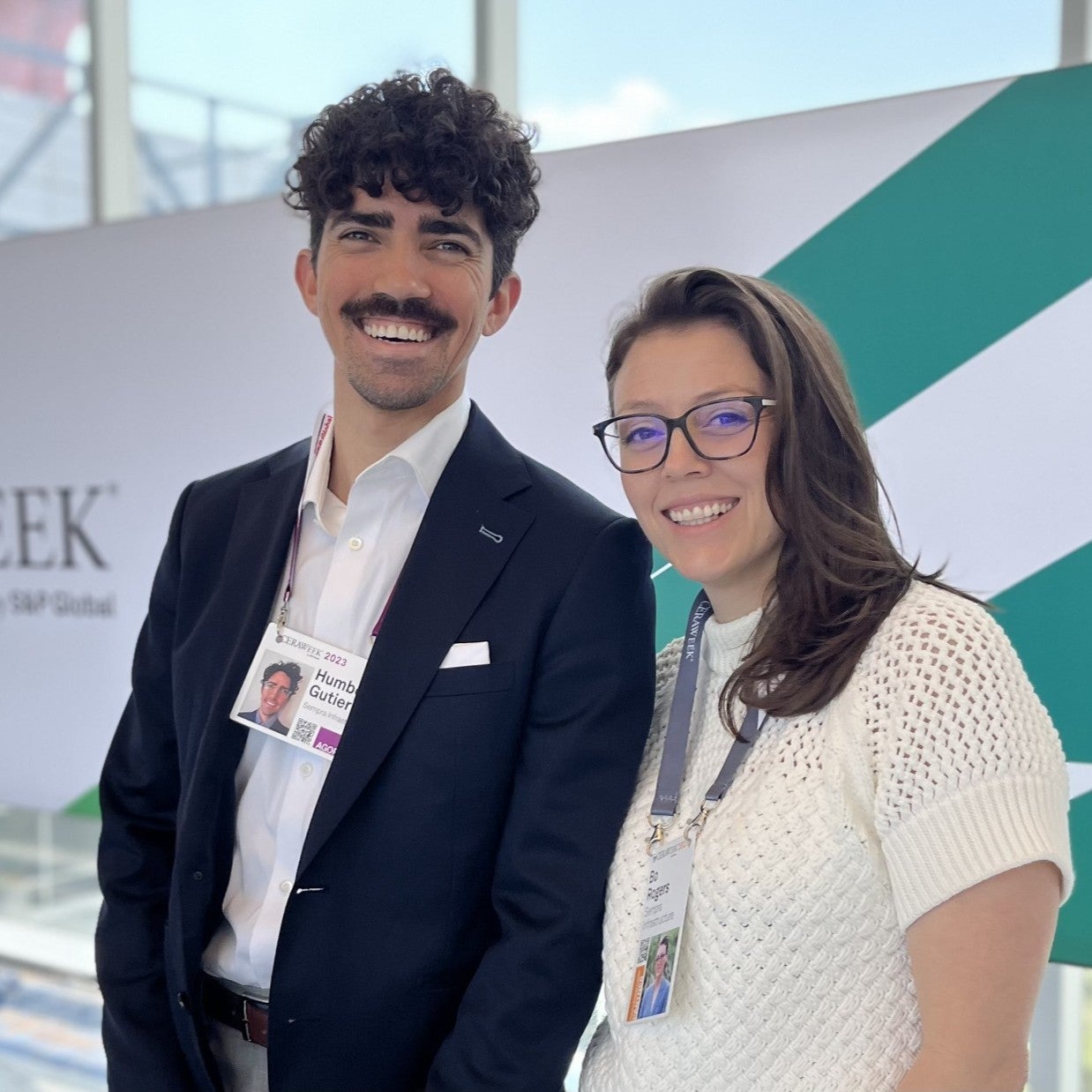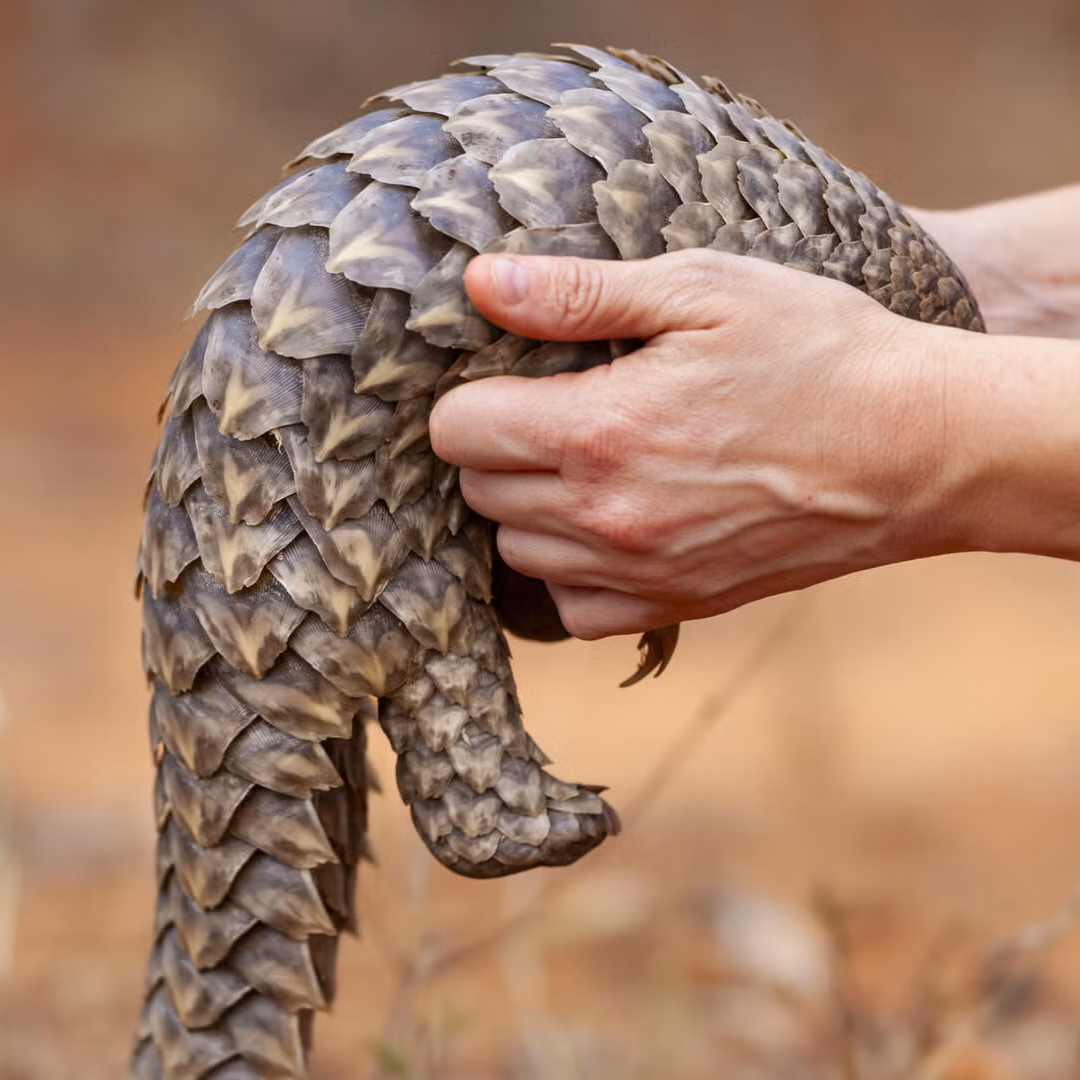Welcome to the Faculty of Environment
For over 50 years the Faculty of Environment has been dedicated to tackling the world’s most pressing challenges related to climate change, urban growth, natural resources, and sustainability. With the world, for the world, we inspire students to become changemakers, empower them to lead solutions, and unite people and ideas to build a better future.
The Faculty of Environment in the news

Safeguarding the Winter Olympics-Paralympics against climate change
Study reveals changes International Olympic and Paralympic Committees could implement to keep Games viable and safer for athletes.

Bridging the energy transition
Environment alum, Humberto Gutierrez (BES '15), shares how a leading North American energy infrastructure company is helping build the path to a lower-carbon future.

Wildlife trafficking within a web of organized crime
An Environment research team finds that disrupting the illegal wildlife trade means addressing its ties to other global crimes.
